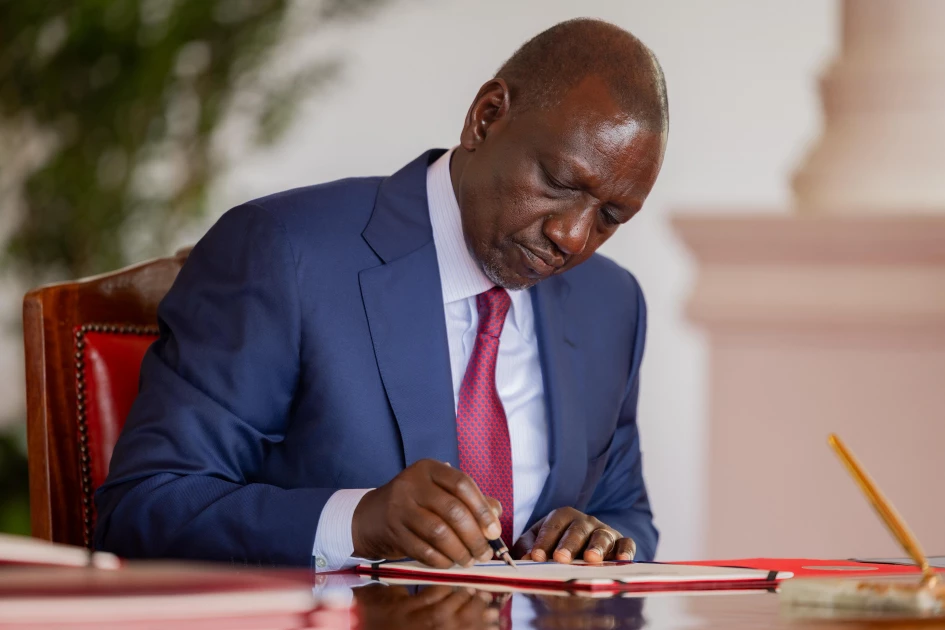Kenya's blockchain regulations take centre stage at crypto conference
Published on: June 16, 2025 06:23 (EAT)
The Kenya Blockchain and Crypto Conference (KBCC) 2025 opened in Nairobi with regulatory reform dominating discussions, as Kenya positions itself as a regional leader in shaping the future of blockchain and digital assets.
Powered by Binance, the continent’s largest blockchain gathering drew over 1,500 attendees—including regulators, fintechs, developers, startups, and global platforms—all focused on this year’s theme: “Driving Blockchain Innovation and Mass Adoption.”
The conference comes as Kenya’s Parliament debates the Virtual Asset Service Providers (VASP) Bill, a proposed law that seeks to license and regulate digital asset businesses. At the same time, the 2025 Finance Bill proposes key tax reforms, including a potential reduction in the controversial Digital Asset Tax from 3% to 1.5%.
Speaking at the forum, Binance Africa Head of Legal, Larry Cooke, lauded Kenya’s approach, calling it one of the most pragmatic on the continent.
“Effective regulation must be timely. Overregulation kills progress, while underregulation creates loopholes,” he said, urging lawmakers to strike a balance that fosters innovation without stifling growth.
Kenya Revenue Authority (KRA) also took an active role, with Digital Economy Tax Officer Nickson Omondi reassuring stakeholders that the agency’s approach would be educational, not punitive.
“We’re not just here to collect taxes—we want to demystify compliance and support fair innovation,” he said.
Security and compliance also featured prominently, with Sumsub’s Africa Business Development Manager Tatenda Chinodakufa calling for tighter identity verification rules to combat emerging threats such as deepfake fraud and synthetic identities.
The stakes are high. Industry players stressed that Kenya’s legal and tax framework will determine whether it becomes a global blockchain hub—or loses talent and capital to friendlier jurisdictions. Investors and developers at the event warned that excessive levies or unclear regulation could push startups offshore.
Despite the concerns, there was a shared optimism that Kenya is on the brink of becoming a model for blockchain policy in Africa—provided the VASP Bill passes intact and tax reforms encourage long-term investment.
The conference served not only as a showcase for innovation, but also as a real-time policy forum, with regulators and entrepreneurs engaging directly on what it will take to build a thriving digital economy.
As Africa watches closely, all eyes are now on Kenya’s lawmakers to deliver a framework that enables both responsible oversight and bold innovation in the blockchain space.










